Focus
Your Present Location: HOME> Focus-

Wang Wen: Rediscover Russia, Rediscover China
2022-10-25 -

【NY Times】China's Leader Now Wields Formidable Power. Who Will Say No to Him?
2022-10-25 -

Wang Wen: China hangs on Xi’s every word. His silence also speaks volumes
2022-10-24 -
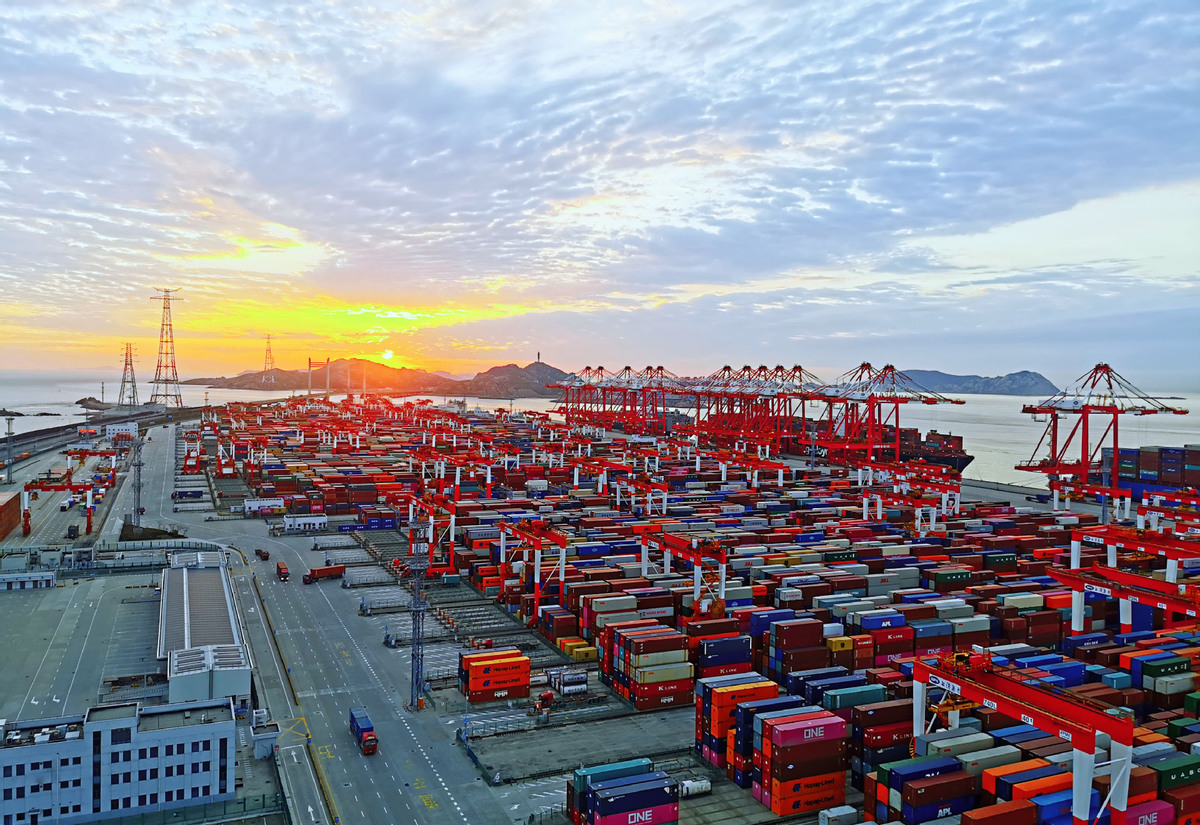
William Jones: Laying Out a Pathway for China and the World
2022-10-24 -
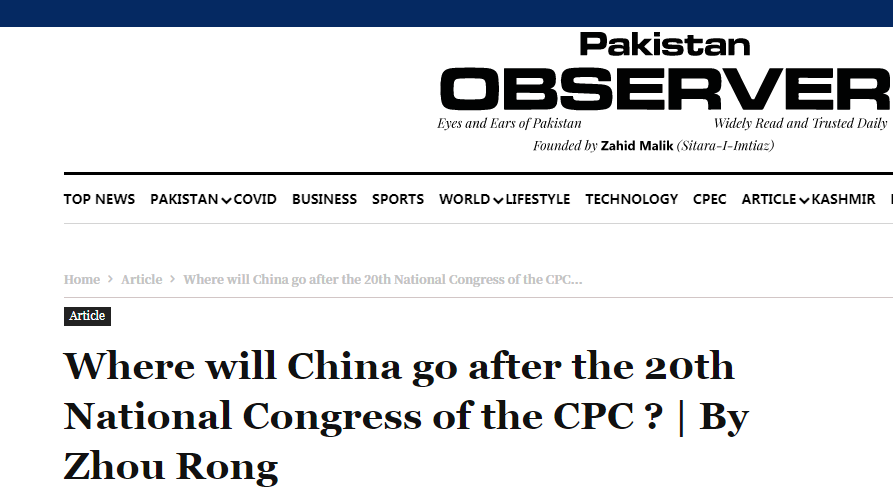
Zhou Rong: Where will China go after the 20th National Congress of the CPC ?
2022-10-24 -
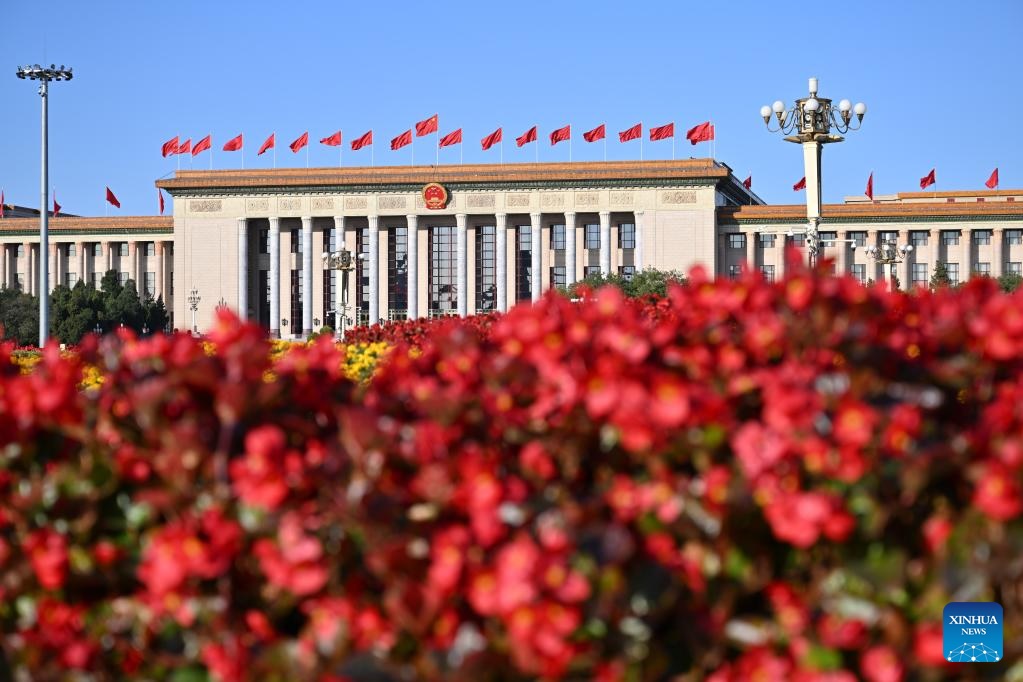
He Weiwen: Unswerving adherence to opening-up for China rejuvenation
2022-10-21 -
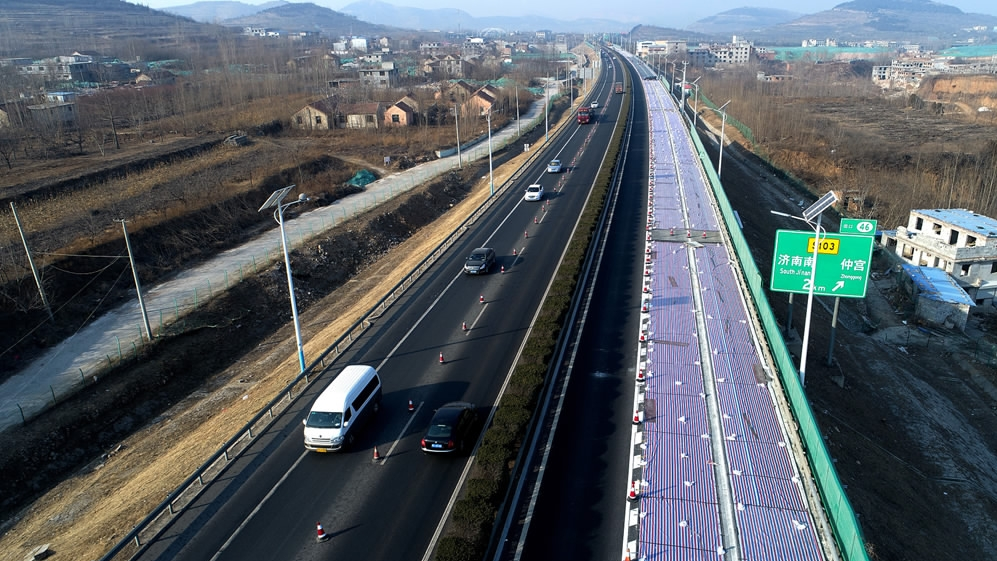
Djoomart Otorbaev: Solar renewables are showing impressive growth
2022-10-21 -
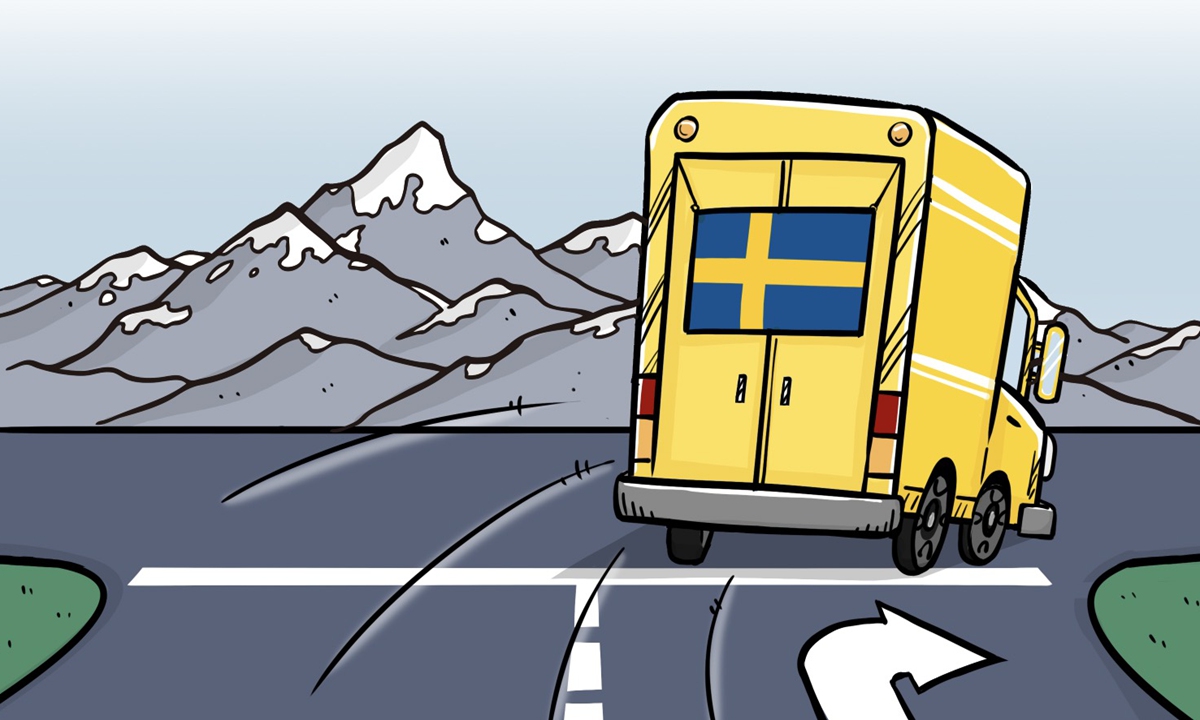
Ding Gang: Swedes’ rising support for far right driven by sense of crisis in ideology, or Swedish culture
2022-10-20 -
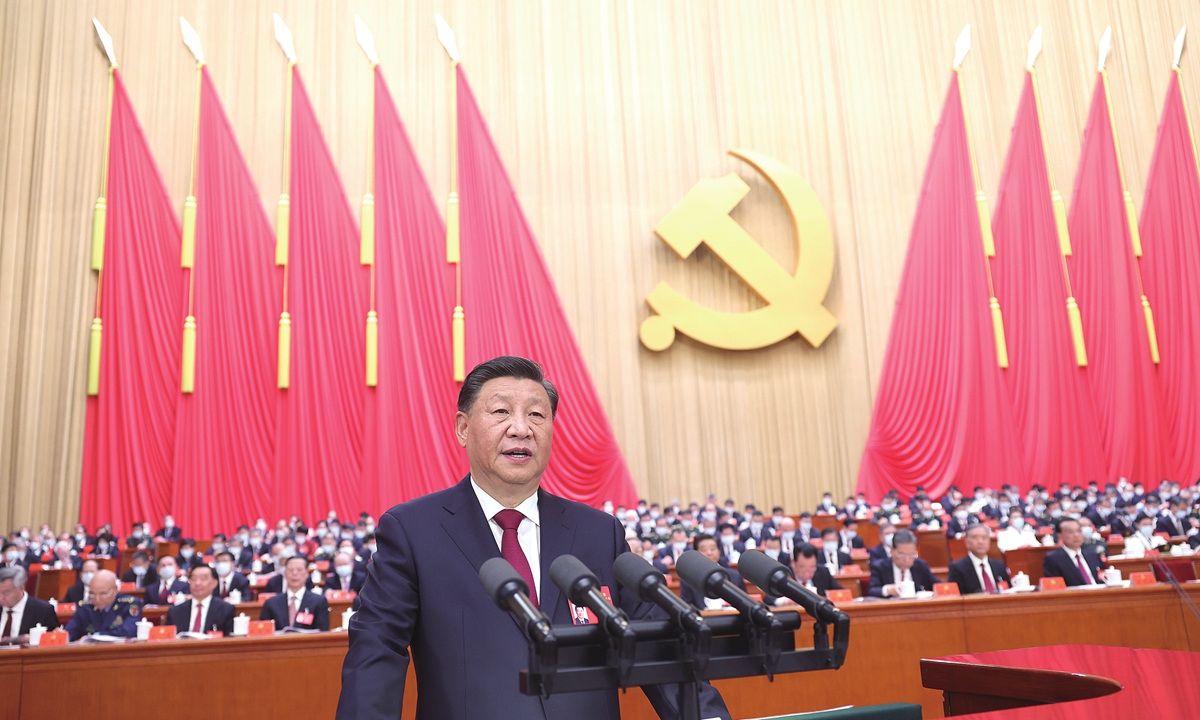
Martin Jacques: China’s wisdom to drive global modernization
2022-10-20 -
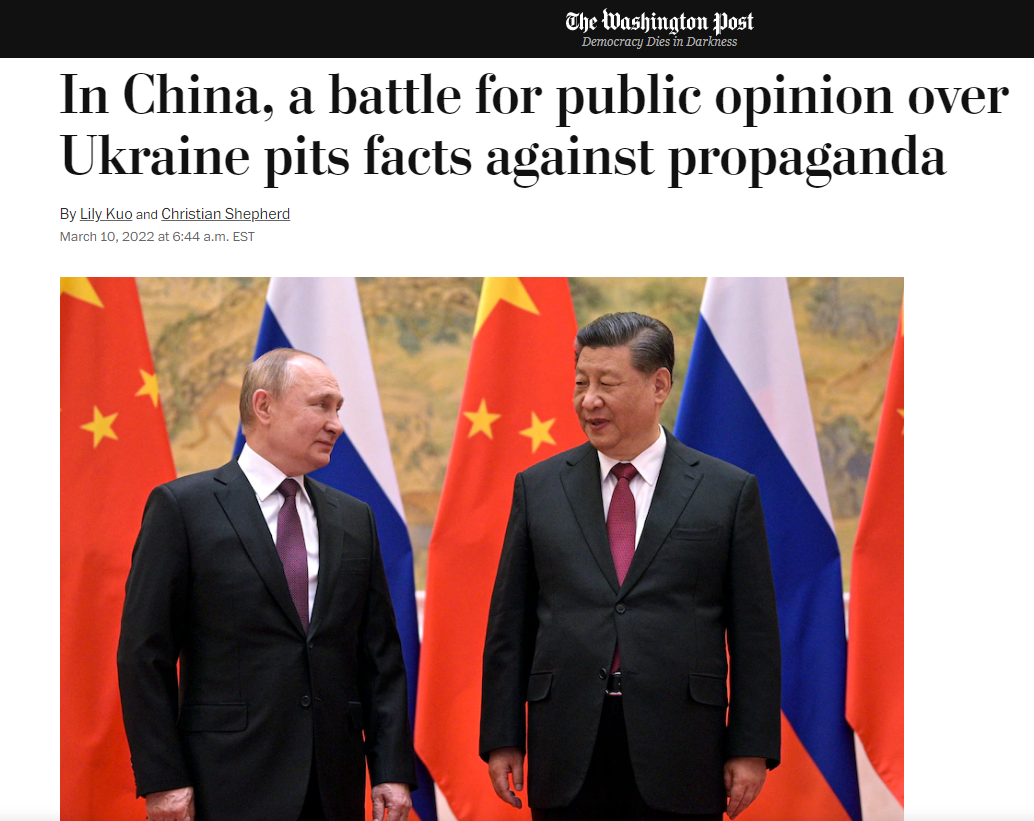
[The Washington Post] In China, a battle for public opinion over Ukraine pits facts against propaganda
2022-10-20 -

John Ross: The global inflationary tsunami is made in the US, not Ukraine
2022-10-19 -

Wang Wen: On the Strategic Opportunity Period in the New Era: Its Origin, Status Quo and Future
2022-10-19 -
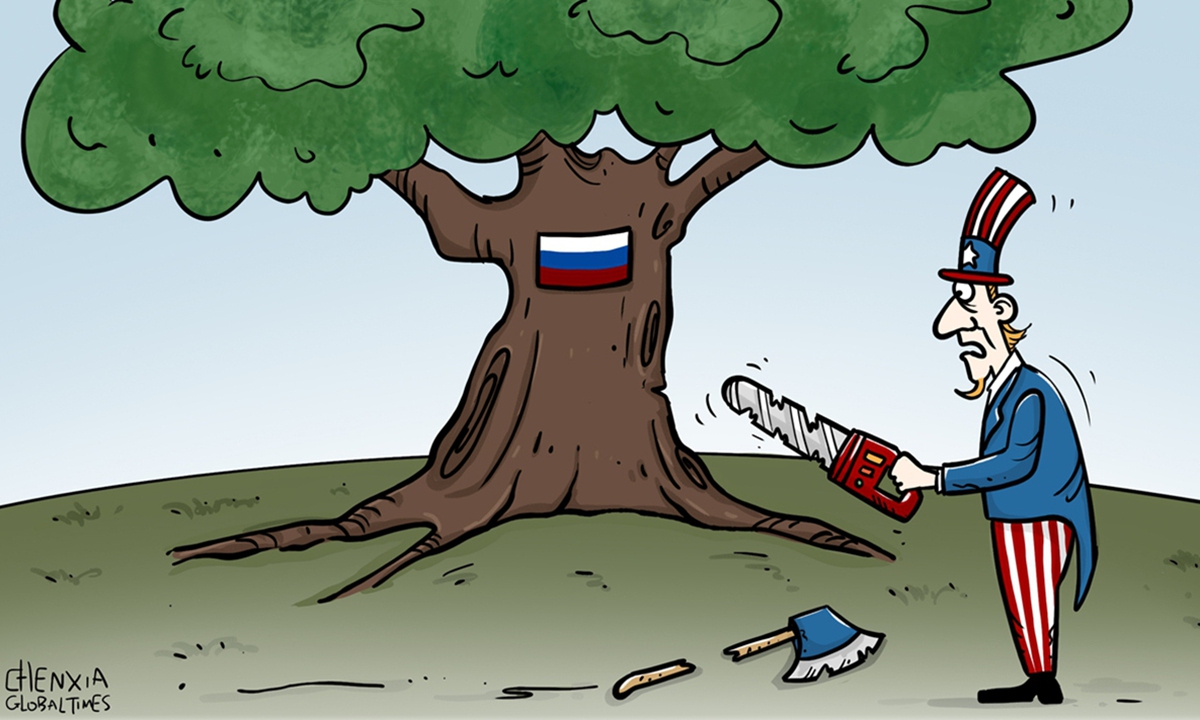
Wang Wen: Russian people demonstrate durability, adaptation amid Western sanctions
2022-10-18 -

Liu Ying: Foreign companies confident in China's resilience
2022-10-18 -

Djoomart Otorbaev: Central Asia’s Bidding War for Russian Emigrants
2022-10-17 -

He Weiwen: IMF/WB meeting highlights mounting world risk, urgency of solidarity
2022-10-17 -

Ding Gang: Europe overshadowed by ghost of nukes again
2022-10-14 -

Peter Koenig: Destroying Europe? Is Washington Behind the OPEC Decision to Cut Petrol Output? Sabotaging the E.U. Economy
2022-10-14 -

Wang Wen: Greater collaboration enriches bilateral ties
2022-10-12 -

He Weiwen: Dark clouds gather, globalization or fragmentation?
2022-10-12
(共3588条)
























































































 京公网安备 11010802037854号
京公网安备 11010802037854号





